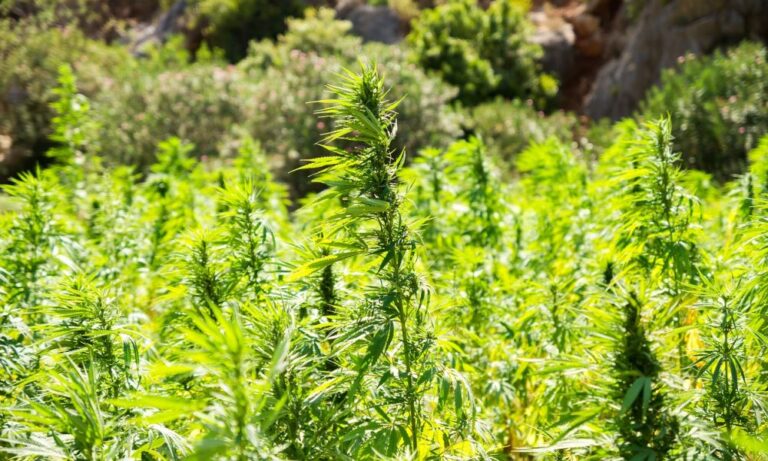“A thriving hemp industry in Nebraska could create new job opportunities and stimulate economic growth, particularly in rural areas of the state.”
By Zach Wendling, Nebraska Examiner
A legislative committee Tuesday considered proposals to harmonize Nebraska’s hemp regulation with federal standards and terminate the Nebraska Hemp Commission.
Legislative Bill 263, introduced by the Agriculture Committee at the request of the Nebraska Department of Agriculture, would amend the Nebraska Hemp Farming Act to align with the federal 2018 Farm Bill in the following ways:
- Increasing the harvest window of hemp from 15 to 30 days.
- Requiring the Nebraska Hemp Commission to meet annually instead of quarterly.
- Increasing the negligence threshold of THC from 0.5 percent to 1 percent.
- Allowing the use of performance-based sampling and remediation options for hemp testing.
The Agriculture Department director would also have greater authority to match federal changes.
Legislative Bill 336, proposed by State Sen. Steve Halloran of Hastings, chair of the Agriculture Committee, would eliminate the Nebraska Hemp Commission and instead create the Nebraska Hemp Advisory Board. Rather than a standalone agency, this new board would be housed in the Nebraska Department of Agriculture.
No one testified in opposition to either proposal Tuesday, with most testifiers describing the importance for Nebraska to “tap into” the potential of hemp production.
“A thriving hemp industry in Nebraska could create new job opportunities and stimulate economic growth, particularly in rural areas of the state,” said Jacob Bish, who works in his family-owned Bish Enterprises and Global Fiber Processing.
Future of hemp
Sherry Vinton, director of the Department of Agriculture, testified in support of LB 263 to harmonize federal provisions in state law.
Vinton said 22 hemp producers operate in the state, and the bill is “essentially” the same as a similar bill that reached the first round of debate in 2022 but did not advance.
Hemp is used in many everyday household items, including lotions, shampoos and clothing. Hemp can also be used as a substitute for concrete.
Annette Wiles, chair of the Nebraska Hemp Commission, testified in support of the committee’s bill and neutral on Halloran’s bill. She noted Nebraska had a decrease in hemp acreage from 2019 to 2023, partly due to state policy.
“We held our growers to way higher standards than the federal plans, which discouraged farmers from getting engaged in growing the crop,” Wiles said.
Wiles said she is in support of the commission receiving more support to operate, but she cautioned that moving the commission to the Agriculture Department—without additional funding, which already doesn’t exist—leaves uncertainty.
“Our commission will never be successful,” Wiles said, if there is no future funding. “And we’ve done a lot of work to set ourselves up.”
Wiles and Bish also encouraged the committee to expand LB 263 to reduce or eliminate fees for research.
‘Reality check’
John Hansen, president of the Nebraska Farmers Union, said that both bills would be good steps forward and that Halloran’s bill “recognizes where we’re at” with regard to hemp production.
Halloran said he is “looking forward” to the hemp industry being “vibrant enough” in the future that it could sustain its own commission.
“This is just a reality check that they’re not there right now,” Halloran said.
This story was first published by Nebraska Examiner.
Photo courtesy of Pixabay.
